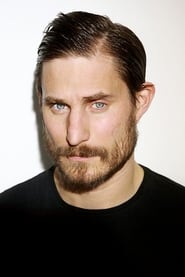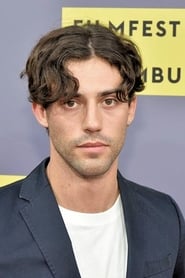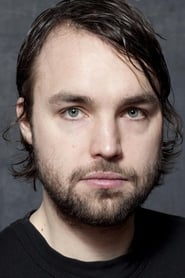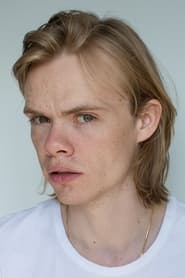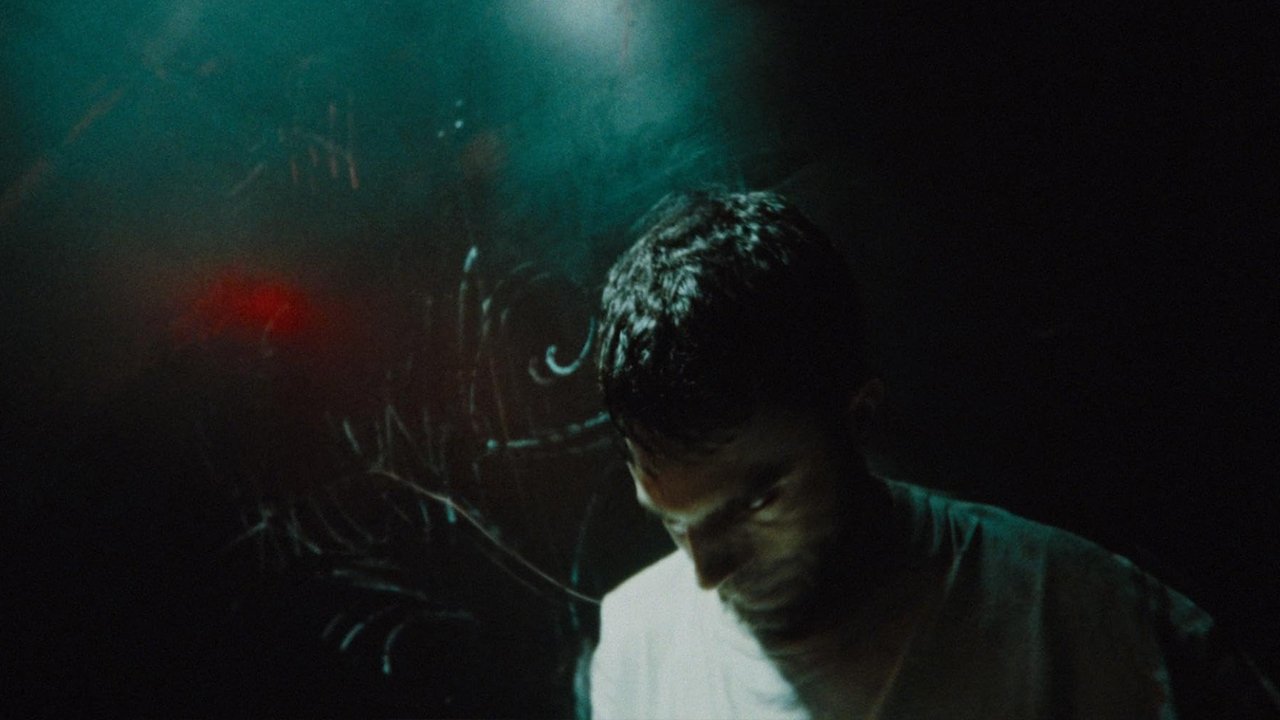
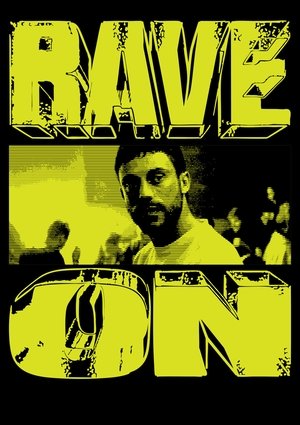
Rave On(2025)
A deep dive into Berlin’s club scene, following a musician over one night in a legendary techno club, which turns into a rave odyssey.



Movie: Rave On
Top 10 Billed Cast
Micha Dombrowsky
Rubina
Eso
Video Trailer Rave On
Similar Movies
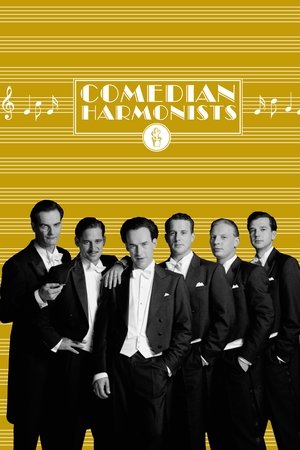 6.7
6.7The Harmonists(de)
Comedian Harmonists tells the story of a famous, German male sextet, five vocals and piano, the "Comedian Harmonists", from the day they meet first in 1927 to the day in 1934, when they become banned by the upcoming Nazis, because three of them are Jewish.
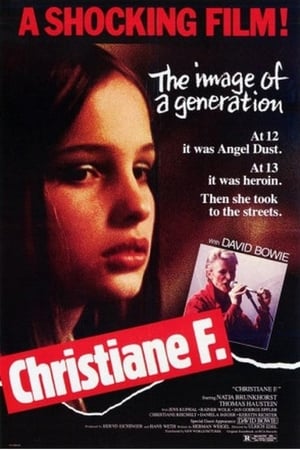 7.3
7.3Christiane F.(de)
This movie portrays the drug scene in Berlin in the 70s, following tape recordings of Christiane F. 14 years old Christiane lives with her mother and little sister in a typical multi-storey apartment building in Berlin. She's fascinated by the 'Sound', a new disco with most modern equipment. Although she's legally too young, she asks a friend to take her. There she meets Detlef, who's in a clique where everybody's on drugs. Step by step she gets drawn deeper into the scene.
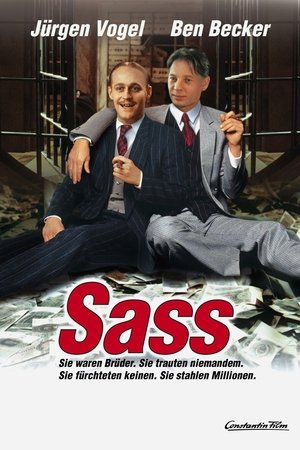 5.5
5.5Sass(de)
Brothers Franz and Erich Sass grew up poor. Together with his brother Franz, Erich specializes in cracking safes. Erich spends the money with his hands full. In the meantime, the police have also become aware of the brothers. Pursued by Detective Fabich, they get deeper and deeper into criminal circles. A man called Adolf demands that the Sass brothers work for him. He blackmails them and has their father beaten to death. The brothers then agree to work together. However, Adolf plans to have them killed after the coup. The two brothers manage to escape; they are also able to flee from the police, who catch them while they are still breaking into the bank.
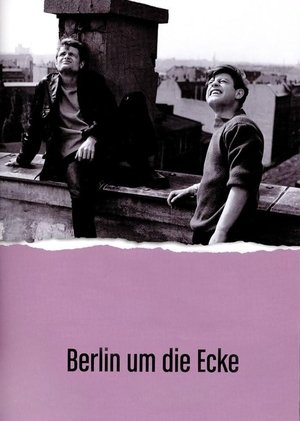 5.2
5.2Berlin Around the Corner(de)
Berlin in the 1960s. Olaf and Horst are two young metalworkers, who provoke their older colleagues with critiques of the antiquated equipment and lack of materials... not to mention their love of leather jackets and motorbikes. Olaf and Horst begin to be targeted in the house newsletter, and the generational conflict escalates.
 6.3
6.3Summer in Berlin(de)
When you read the title ‘Summer on the Balcony’ you probably think it will be a light Berlin summer comedy but it’s not. This film is an intimate study of two women friends who come to each other because of troubles with everyday life and with men and thus try to enjoy a life based on their ideas.
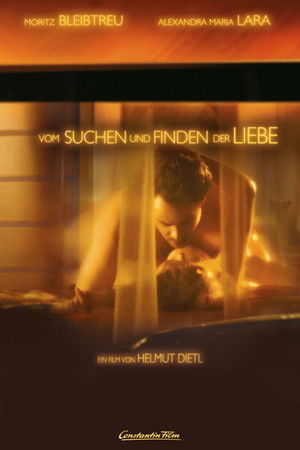 4.5
4.5About the Looking for and the Finding of Love(de)
Director helmut Dietls and Patric Susskinds illustrate a legendary story of two lovers who cant keep themselves away from death.
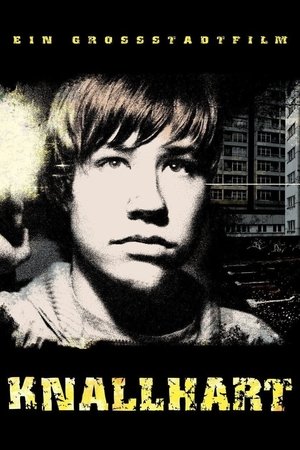 6.9
6.9Tough Enough(de)
From the youth directed novel of the same name by Greogor Tressnow comes a film by Detlev Buck that is a realistic portrait of life in the section of Berlin called Neukölln. It’s about power and weakness, delinquents and victims, and the difficulties a 15-year-old faces in a poor and criminal environment.
 8.0
8.0The Lives of Others(de)
In 1983 East Berlin, dedicated Stasi officer Gerd Wiesler begins spying on a famous playwright and his actress-lover Christa-Maria. Wiesler becomes unexpectedly sympathetic to the couple, and faces conflicting loyalties when his superior takes a liking to Christa-Maria.
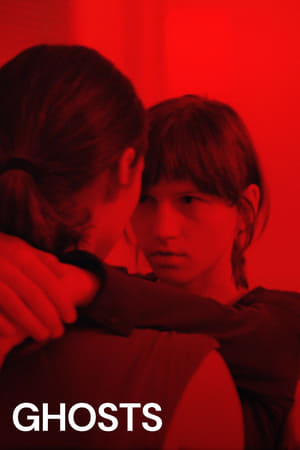 6.2
6.2Ghosts(de)
Nina, an end-of-teenage orphan with mental problems, starts a new job as a garden cleaner when she meets Toni. They fell in love with each other, but soon Toni starts betraying Nina. In the meantime, Francoise is picked up at a psychic department of a Berlin hospital by her husband, Pierre. After seeing Nina, Francoise believes that she has found her kidnapped daughter Marie, but neither Toni nor Pierre believe her. Nina is unsure about what to think...
 6.3
6.3The Good Shepherd(en)
Edward Wilson, the only witness to his father's suicide and member of the Skull and Bones Society while a student at Yale, is a morally upright young man who values honor and discretion, qualities that help him to be recruited for a career in the newly founded OSS. His dedication to his work does not come without a price though, leading him to sacrifice his ideals and eventually his family.
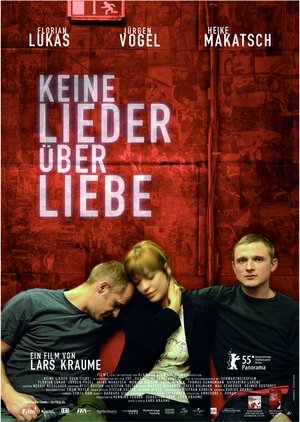 5.8
5.8Keine Lieder über Liebe(de)
As Tobias, a young director, supposes that his girl-friend Ellen had an affair with his brother Markus, front man of "Hansen", one year ago, he decides to shoot a documentary about the band's next tour. When Ellen joins the project, everybody's emotions boil over, although they are observed all the time.
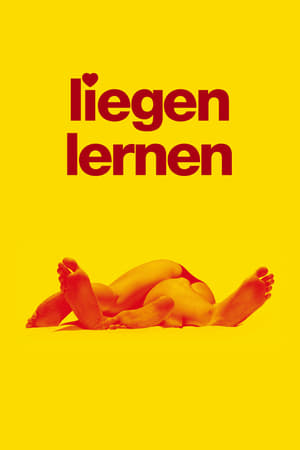 6.6
6.6Learning to Lie(de)
18-year-old school boy Helmut falls in love with fellow pupil Britta. He starts working for a Peace movement to get to know Britta. Britta, however, suddenly moves to San Francisco to live with her father and whilst there, finds a new boyfriend. Helmut studies, literature and politics in his home town and have a relationship with another girl from his former school, now studying medicine at the same university but they break up after having an affair with her roommate. Helmut begins a lot of short affairs with different women but still searches for his first girl.
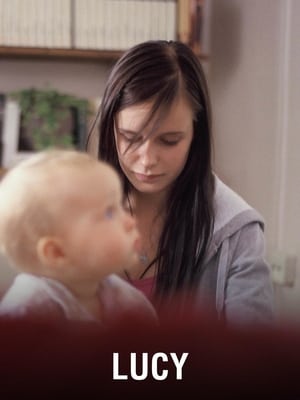 6.2
6.2Lucy(de)
A young teenage single mother (Maggi) struggling to raise her baby daughter (Lucy) finds the weight of responsibility bearing down on her shoulders. Maggy was forced to grow up before her time. Thankfully for Maggi, her mother is always willing to help though Maggy still lives at home with her mother, it's obvious that she longs to gain some independendence. Meeting Gordon at a local club, who is a few years older, makes a living and has his own apartment. One night, after a heated argument with her mother, Maggi makes the decision to move in with Gordon. Though the pair subsequently make a sincere attempt to be good parents.and do what's best for Lucy, they soon find that taking on the responsibilities of adulthood aren't so easy when you've barely moved past childhood yourself.
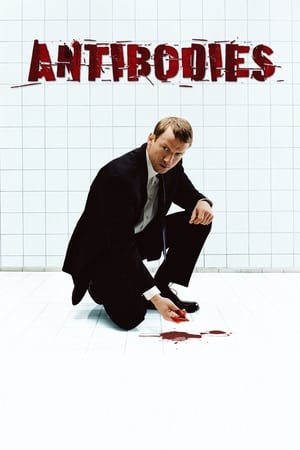 6.7
6.7Antibodies(de)
When a notorious German serial killer is captured after committing some of the most heinous acts against humanity ever imaginable, a farmer and police officer from a sleepy rural community on the outskirts of Berlin is drawn into the case as he searches for the answers to a murder that has shaken his tight-knit community.
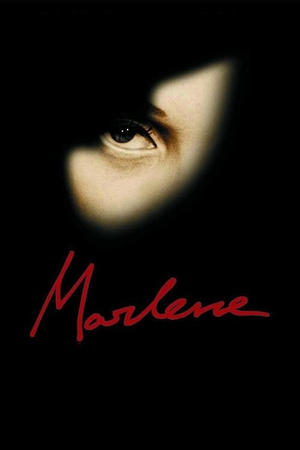 5.7
5.7Marlene(de)
Marlene is a 2000 German biopic film directed by Joseph Vilsmaier and starring Katja Flint, Hans Werner Meyer and Herbert Knaup. It follows the life of the German actress Marlene Dietrich and her success in Hollywood.
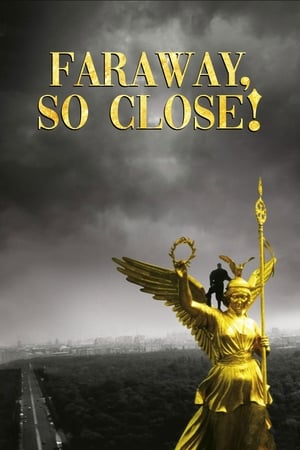 6.9
6.9Faraway, So Close!(de)
Damiel is now married to Marion, runs the pizzeria “Da Angelo” and the two have a child. The solitarily remaining angel Cassiel is more and more dissatisfied with his destiny as a mere observer of human life and finally decides to take the great leap. As Karl Engel he soon gets into a dubious milieu and finds himself as the assistant of the German American Baker, who makes his money with shady arms deals and sends films east in exchange for weapons. Cassiel’s adventure turns into a “thriller” when he decides to put a stop to Baker’s game.
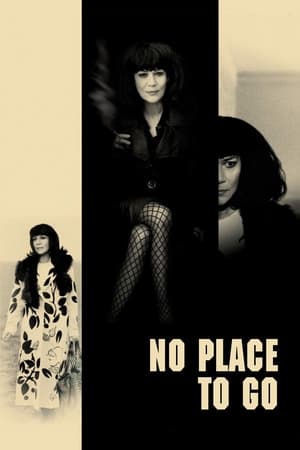 6.2
6.2No Place to Go(de)
Flanders, a famous female author, travels in 1989 after the fall of the Berlin wall into the German capital. She is deeply depressed by the events because she saw the communist state as a very good thing that has now ended. In the joy of these days she finds no one to understand her, so she has to travel back to Munich. After meeting several people, known and unknown, it seems as if there will be no way to go.
 6.6
6.6Night Shapes(de)
The Pope is in town and the night of his stay is anything but heavenly for some of Berlin′s inhabitants. Rich and poor, down-and-outs and policemen, street kids and taxi drivers - in their search for a little bit of happiness, they all end up on an amusing and at times harrowing odyssey through the labyrinth of the big city.
 6.9
6.9Kuhle Wampe or Who Owns the World?(de)
Kuhle Wampe takes place in early-1930s Berlin. The film begins with a montage of newspaper headlines describing steadily-rising unemployment figures. This is followed by scenes of a young man looking for work in the city and the family discussing the unpaid back rent. The young man, brother of the protagonist Anni, removes his wristwatch and throws himself from a window out of despair. Shortly thereafter his family is evicted from their apartment. Now homeless, the family moves into a garden colony of sorts with the name “Kuhle Wampe.”
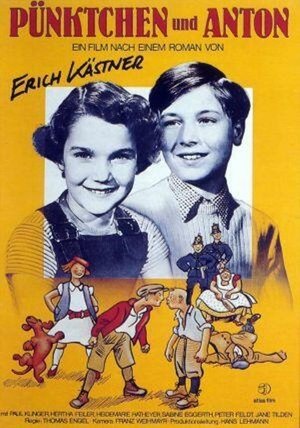 7.3
7.3Annaluise & Anton(de)
Despite their social differences Luise, called Pünktchen, a girl from rich parentage befriends Anton, a boy who has to earn his own money in order to afford life for his sick mother and himself. Together they undergo different adventures, even preventing a theft in Pünktchens home
